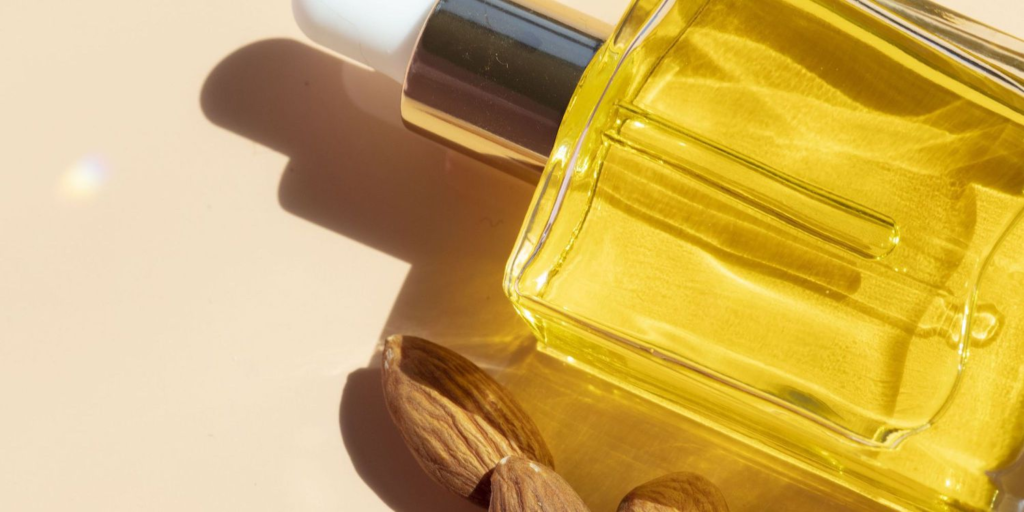Health Myths And Facts: How Often Should Body Oil Be Changed And How Frequently Can You Use Oil On Hair?

The length of time that a body oil brand can be used can vary depending on various factors including the specific brand, the expiration date indicated on the product, and how it is stored.
According to Dr. Anirban Bhattacharya from Golf View healthcare & research institute, most body oils have a shelf life of about 1-3 years if stored properly in a cool, dry place and if the packaging remains sealed. However, it is always recommended to check the product label or packaging for specific instructions and expiration dates provided by the manufacturer. If the body oil starts to smell rancid or changes in color or texture, it is best to discard it and purchase a new one. It’s important to note that natural skincare tends to have a shorter shelf life compared to conventional skincare, and keeping body oils away from light can help them last longer.
How Often Do We Need To Change The Type Of Body Oil That We Are Using?

Changing the type or ingredient of body oil is not a mandatory requirement but can be advantageous for several reasons. Factors like age, hormonal fluctuations, seasonal changes, or environmental conditions can affect your skin’s needs over time. For example, during winter, a heavier, more moisturizing oil may be required to combat dryness, while in summer, a lighter, non-greasy oil might be preferable. Assessing your skin’s condition and adjusting the body oil accordingly is essential. Personal preferences also play a significant role in deciding how frequently you change your body oil. Some individuals enjoy experimenting with different oils to discover their preferred scents, textures, or specific benefits. If you appreciate variety and wish to explore different options, changing your body oil periodically can be an enjoyable experience. Different oils offer distinct benefits for the skin, so selecting an oil based on your specific goals, such as anti-aging, soothing sensitive skin, or reducing inflammation, can be beneficial. If you experience any adverse reactions such as redness, irritation, or itching after using a particular body oil, it would be wise to switch to an alternative oil with different ingredients that are better tolerated by your skin.
Can Oil Be Applied On Body More Than Once A Day?
The use of topical oils for skin health is common, and it is possible to apply oil on your body more than once a day, depending on the type of oil and your skin needs. Some oils, like coconut and olive oil, can be applied twice or thrice a day for moisturization. Oils like rosehip and argan oil, rich in antioxidants and fatty acids, can help reduce the signs of aging. Oils like chamomile or lavender with soothing properties can help reduce redness and irritation of the skin in conditions like eczema and rosacea. Tea tree oil and jojoba oil have antimicrobial properties that aid in the reduction of acne. Since everyone’s skin is unique, it’s essential to find the right oil for your skin type and perform a patch test before applying them over large areas of the body.
Does Exposure To Direct Sunlight Immediately After Applying Oil Make Skin Dark?
While there is no scientific evidence to support the claim that applying oil to the body and then spending time in the sun causes skin darkening, it is important to understand how the sun interacts with the skin. Sun exposure, particularly ultraviolet (UV) radiation, is a known factor in skin darkening. When our skin is exposed to UV radiation, it triggers the production of melanin, which is responsible for skin color. The darkness or tan that develops on the skin is primarily the result of the skin’s response to UV radiation, as well as the individual’s skin type and melanin production. It’s important to note that some natural oils may have minimal sun-protective properties due to their antioxidant content. However, they should not be relied upon as a sole means of sun protection. For effective sun protection, it is recommended to use broad-spectrum sunscreen with a high SPF, wear protective clothing, and seek shade during peak sun hours. Excessive sun exposure can lead to sunburn, premature aging, and an increased risk of skin cancer.
How Often Should Oil Be Applied On Hair?
The frequency of oil application on hair depends on the type of scalp and hair. Applying oil is beneficial for people with dry hair, but it is important to understand the difference between dry hair and dandruff. If the scalp has dandruff, oiling might not be a good idea. However, for a dry scalp, oiling can be done once or twice a week, but only one or two hours before shampooing. It is important to shampoo the oil off nicely to prevent excessive oil accumulation on the scalp. The choice of oil depends on the season as well. Cold-pressed coconut oil is recommended for the summer season, while extra virgin olive oil is suitable for winters. There are also other herbal ingredient-based oil lotions available that can be beneficial for hair application.
It is important to consider your skin type, scalp condition, and individual preferences when incorporating body oil and hair oil into your skincare regimen. Consulting with a dermatologist or skincare expert can provide personalized recommendations based on your specific needs and concerns.
The Hindustan Herald Is Your Source For The Latest In Business, Entertainment, Lifestyle, Breaking News, And Other News. Please Follow Us On Facebook, Instagram, Twitter, And LinkedIn To Receive Instantaneous Updates. Also Don’t Forget To Subscribe Our Telegram Channel @hindustanherald







